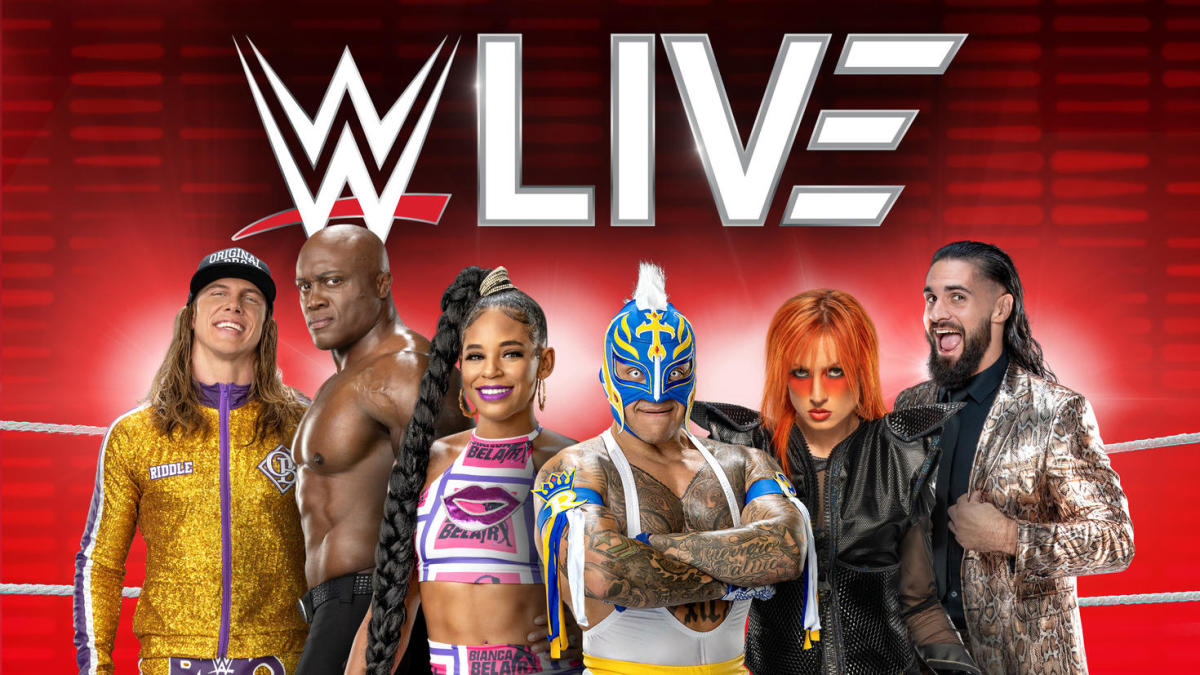[ad_1]
Mexican President Andres Manuel Lopez Obrador, better known by his nickname AMLO, set an unusual record on April 10, surviving Mexico’s first presidential recall vote in what was undoubtedly the largest recall by population in world history.
The AMLO recall did not grab the same attention as some other recalls, including those against California Governors Gavin Newsom and Gray Davis, Wisconsin Governor Scott Walker or Venezuelan President Hugo Chavez. This may be because it was truly an unusual recall event. There was one big backer, and that was AMLO himself.
AMLO’s focus on a recall is not new and was not based on his still-impressive polling numbers. He actually proposed the recall law during his campaign and has constantly looked to have the recall vote happen. Unlike practically every recall that takes place, AMLO encouraged his supporters to sign the petitions and get the more than 2.7 million valid signatures needed to get to the ballot.
One factor made this recall different from most of the ones we witness in the U.S. The Mexican recall law has a requirement that not only must a majority of voters cast their ballots to remove the official, but 40 percent of voters must turn out in order for the recall to count. While a turnout law is not common in the U.S. (though Idaho has its own version), it is a regular feature in other countries. Notably, Romania’s president survived a 2012 recall due to low turnout and so did the mayor of Warsaw, Poland. This low turnout is actually the defensive strategy, as, rather than trying to defeat the recall by gaining more votes, the official’s supporters simply do not vote and prevent the turnout requirement from being met.
AMLO’s results were the opposite of what we would normally expect. While AMLO easily triumphed, with about 92 percent of the vote in his favor, the numbers are seen as less than impressive. Feeling that they had little chance of winning, many in the opposition simply boycotted the vote. Given his popularity and given that he would have been replaced by a member of his own party, many did not feel they had a chance at winning anything of value. Instead, they hoped that poor turnout would make AMLO look weaker rather than stronger. The result was only about 17 to 18.2 percent of the voters came out to vote. AMLO blamed the low turnout on the INE, the electoral commission, claiming they did not do enough to promote the recall. The INE, in turn, argue that they simple were not given enough money for a more expansive effort.
Yet AMLO can still be seen as the big winner here. When he originally pushed for a recall, his opponents feared that he would try to use a recall success to repeal the one six-year term limit for president. AMLO repeatedly batted away this idea and — so far — he has not seemed to make any effort to change the law. Instead, the recall can be seen as a ratification of his term and his policies, and a way to strengthen his position with other officials.
In the U.S., we have seen this work, as officials who survived — and sometimes those who lose — witnessed a benefit to their careers. Most famously, San Francisco Mayor Dianne Feinstein triumphed over a 1983 recall and was quickly on the short-list for the vice presidential nomination. She’s now California’s longest serving U.S. senator. Others have gone from winning a recall vote to Congress. And even recall losers can be long-term winners. The first governor to face a recall vote in the U.S., North Dakota’s Lynn Frazier, lost his seat in 1921. In 1922, he won the first of three terms to the U.S. Senate.
While AMLO’s performance, even if a bit underwhelming, may shore up his political position, we should not expect too many officials to adopt the self-recall route. History is littered with political figures who overestimated their popularity and came to regret their overconfidence. In the UK, both David Cameron and Theresa May lost their prime ministerships because of disastrous miscalculations on their level of support in an election.
AMLO’s recall may not have been an earth-shaking event. But the fact that he so easily triumphed and gained what can be seen as a vote of confidence from the voters may give him the boost he was looking for.
Joshua Spivak is a Senior Fellow at the Hugh L. Carey Institute for Government Reform at Wagner College. He is the author of Recall Elections: From Alexander Hamilton to Gavin Newsom.
[ad_2]
Source link















